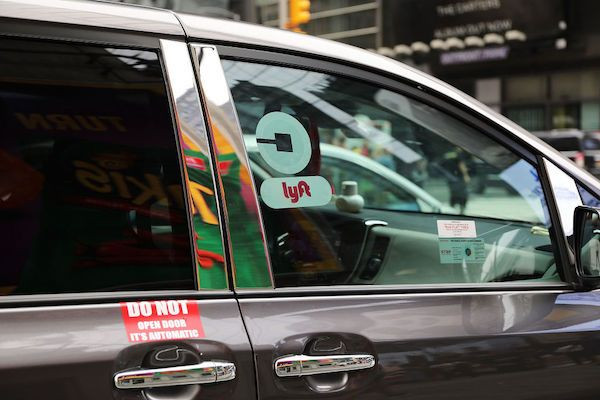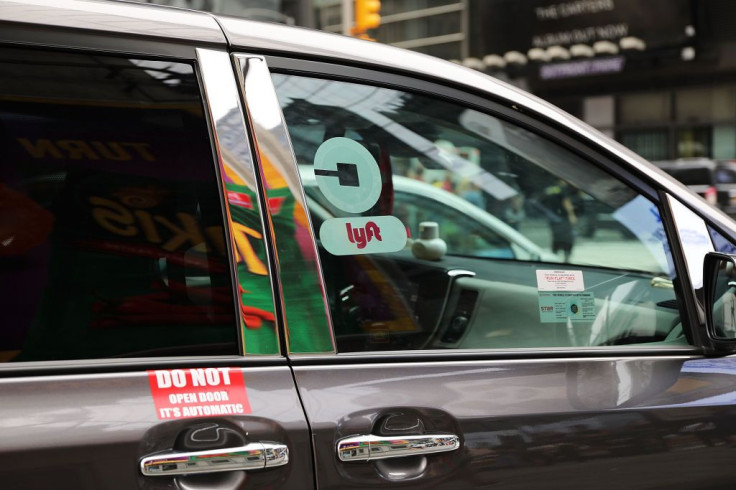Lyft Shares Drop More Than 10% As Overvaluation Fears Persist

Lyft on Wednesday saw its apparently overvalued shares continue a non-stop slide since its IPO. It closed at $60.12, a plunge of 10.9% from its opening, and a new 52-week low.
Analysts blamed the malaise afflicting Lyft on the valuation of its shares, with one expert saying Lyft should be traded closer to $59 per share with a valuation of $15 billion. This level will eliminate $2.5 billion from Lyft’s current market capitalization of $17.2 billion valuation as of Wednesday.
It will also cut Lyft’s share price by about $1. Wednesday’s drop evporated $2 billion from Lyft’s market capitalization.
Also fueling investor concern about Lyft’s true worth is Uber’s highly anticipated IPO, which is due Thursday. It’s been confirmed Uber plans to sell about $10 billion worth of stock, making it one of the largest-ever tech IPOs.
Uber will seek between $90 billion and $100 billion in its IPO, said Reuters. It originally expected to be valued at $120 billion and the revised figure seems to have been influenced by Lyft’s overvaluation travails.
Lyft is overvalued, said the dean of valuation, Aswath Damodaran, also a New York University professor, and someone who’s not a fan of ride hailing firms.
“The driver is a free agent. The customer is a free agent. There is absolutely no stickiness in the business, and they know it. That’s the basic problem I have with the ride-sharing business not just Lyft,” Damodaran told CNBC. His criticism of ride-hailing also extended to Uber.
Lyft launched its IPO on March 29, a Friday, and has been on a non-stop skid since April 1. Its IPO stock price began at $72 and opened for trading at $87.24 a share. It now stands at $60.12, down more than 14 percent in one week.

Analysts see no immediate relief from this plunge, given that Uber’s vastly larger offering will redirect investor interest in its direction and away from Lyft.
Lyft will also add a legal aspect to its prevailing market turmoil. Lyft is planning to sue Morgan Stanley over supporting short-selling of stock.
A Morgan Stanley representative denies Lyft’s allegation, saying it "did not market or execute, directly or indirectly, a sale, short sale, hedge, swap or transfer of risk or value associated with Lyft stock for any Lyft shareholder identified by the company or otherwise known to us to be the subject of a Lyft lock-up agreement."
© Copyright IBTimes 2024. All rights reserved.





















